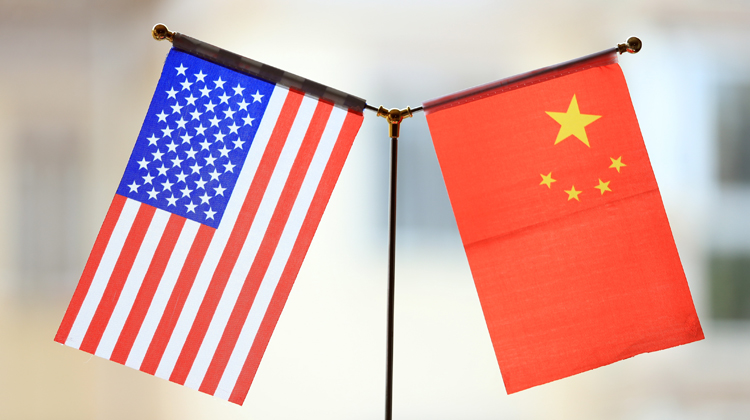From WAR ROOM —Online Journal of the U.S. Army War College
History is replete with alliances among nations who were otherwise competitive with each other. For example, World War II brought together the U.S., Britain, France, and the Soviet Union against Nazi Germany. Today, strategic competition between the U.S. and China offers similar constraints against ordinary military-to-military cooperation.

However, it is not hard to conceive various scenarios in which the U.S. and Chinese militaries would have to conduct combined operations. One example is a humanitarian event on the scale of the January 2019 tsunami that impacted Indonesia’s Sunda Strait, caused by an eruption from the volcano Anak Krakatau. The death toll from this tragedy already stands at several hundred, with officials fearing a rise in the near future. Keeping this in mind, along with the fact that thousands of individuals are currently displaced from their homes, it is without a doubt that this tragedy will require international humanitarian efforts in order to rebuild and stabilize the region.
As such events are not uncommon in the Asia-Pacific region, one can expect that a similar crisis could occur in a location where U.S. and Chinese interests are equally strong, and military-to-military cooperation a necessity. How could this work? On the U.S. side, one way would be through the U.S. Army Special Operations Forces (ARSOF), who are uniquely postured to work with other militaries and non-military organizations. In addition to addressing the crisis, successful ARSOF engagement could also open dialogue for future partnerships, build relationships, and strengthen peacekeeping capacity in the region, including potentially with China.
The Case for U.S.-Chinese Cooperation
There are many in the United States that would call joint interoperability between the U.S. and China to be harmful to national security, with experts such as Harvard professor Graham Allison describing the U.S. as no longer seeing China as a “strategic partner, but a strategic adversary.” However, some believe that China must be viewed as a strategic partner first, especially in light of America and China’s many mutual entanglements on the economic, social, and political fronts.
Continue reading here.